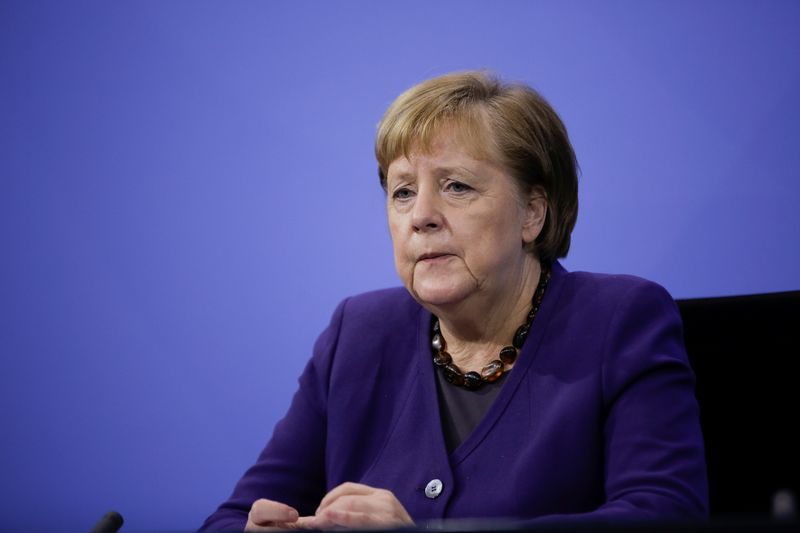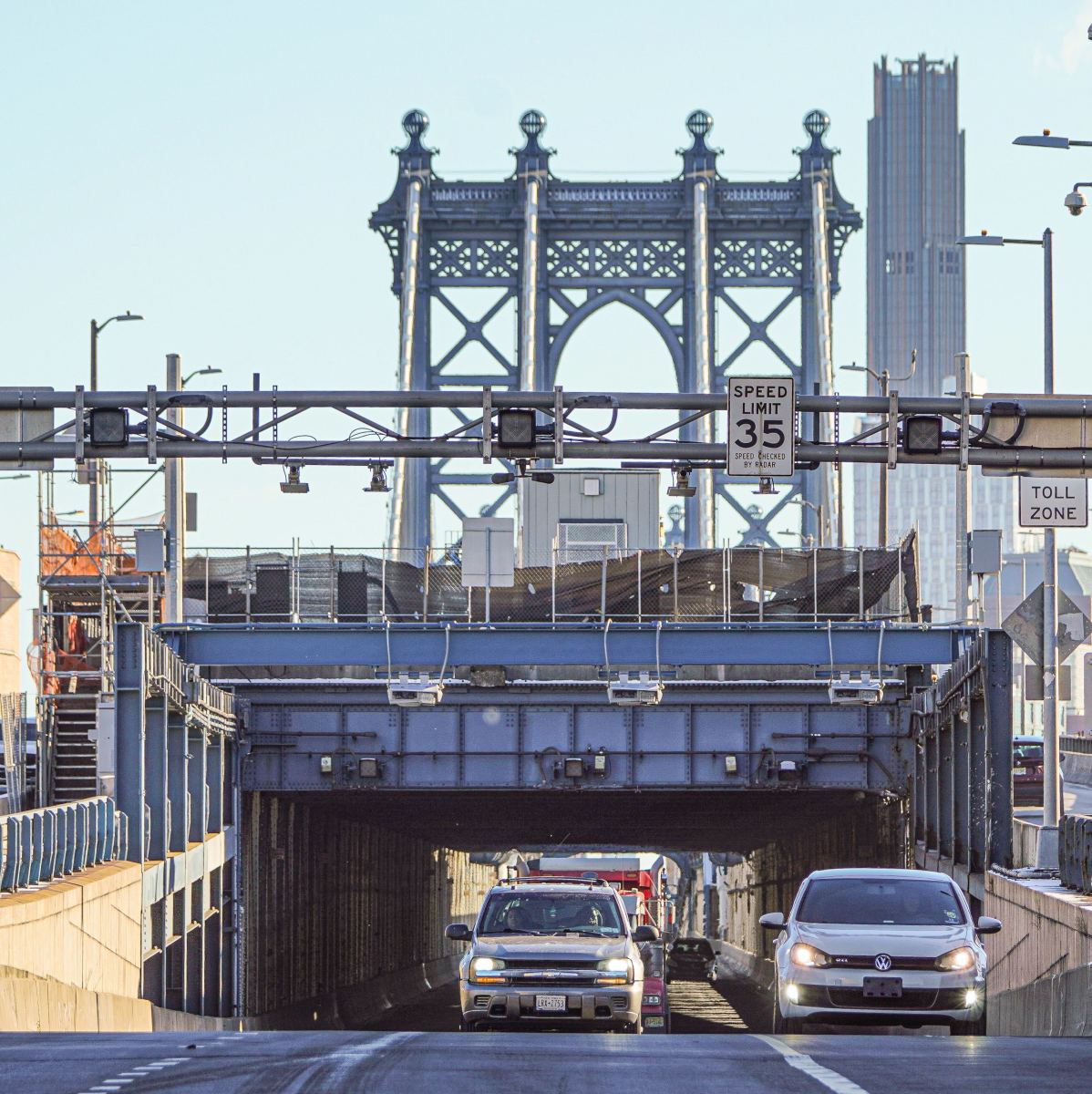BERLIN (Reuters) – German leaders came out on Monday in favour of stricter measures to curb the spread of the coronavirus, a few days after the country posted its highest one-day death toll so far.
Chancellor Angela Merkel told party colleagues that existing lockdown measures – with bars and restaurants closed and shops admitting limited numbers – were too little to get the virus under control.
“The situation is getting very serious: these measures will not be enough to get us through the winter,” participants said she had told a meeting of her conservative bloc’s legislators.
Daily infections are no longer rising as sharply as previously in Germany, Europe’s largest economy, but they have stagnated at a high level and the highest single-day coronavirus death toll yet was reported last Wednesday.
Markus Soeder, premier of the southern state of Bavaria, which has the nation’s highest death toll, said he was certain regional and national leaders would agree tighter measures before Christmas. They had previously agreed not to revisit lockdown rules before Jan. 10.
Although vaccines that are expected to help contain the pandemic are on their way, available doses are limited, meaning that only certain groups, notably the very elderly, can expect to be inoculated during the winter, an expert panel ruled on Monday.
Meanwhile, some states are going further on their own initiative: Rhineland-Palatinate banned takeaway sales of mulled wine in a bid to discourage disease-spreading impromptu street parties.
From Wednesday, Bavaria will allow people to leave home only for essential reasons, while evening curfews are planned for hotspots with the highest infection rates.
Data from the Robert Koch Institute for infectious diseases on Monday morning showed the number of confirmed cases rose by 12,332 in the past 24 hours to 1,183,655. The reported death toll rose 147 to 18,919 – still well below that of large European peers such as Spain, France and Italy.
(Writing by Thomas Escritt and Caroline Copley Editing by Mark Heinrich)
























